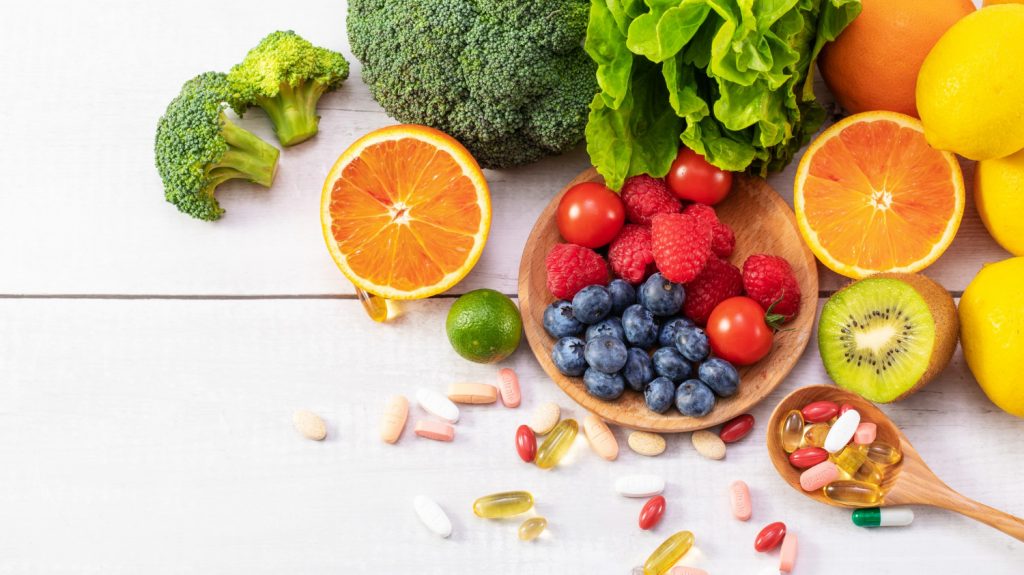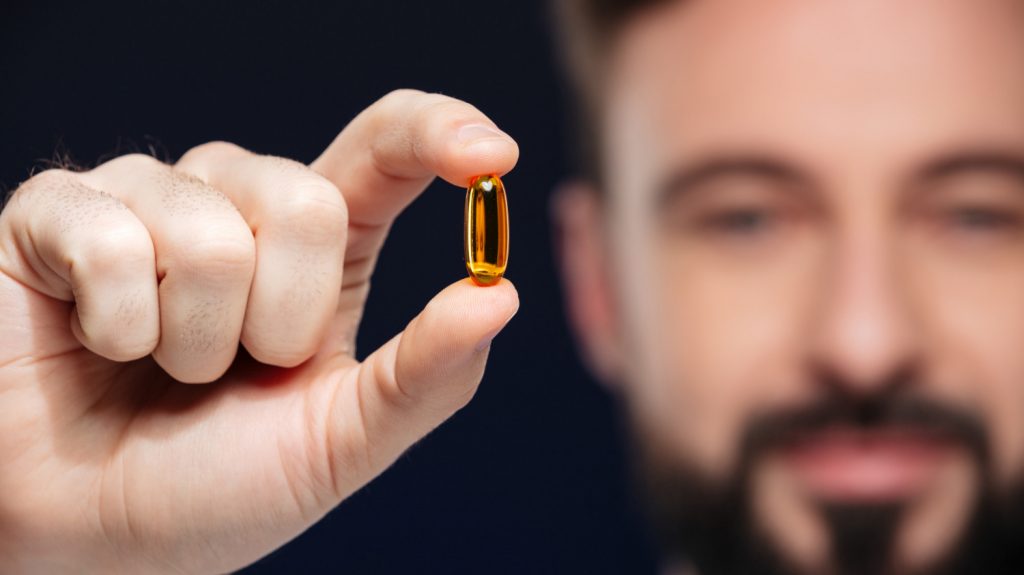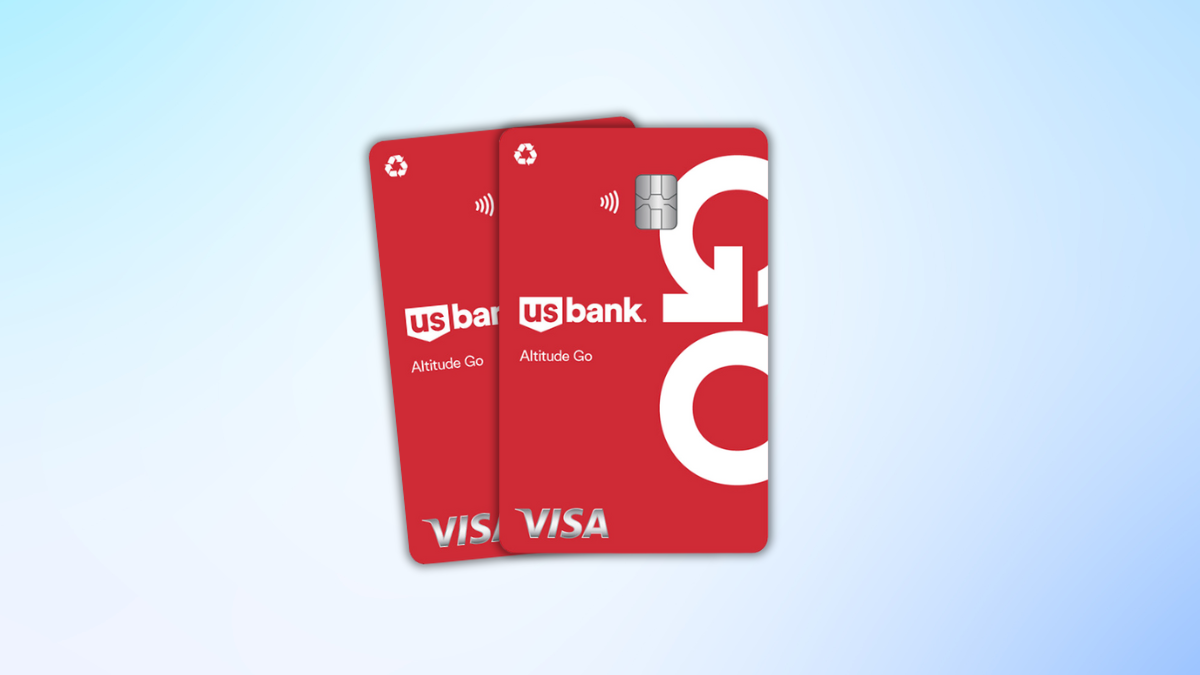Health
The many benefits of Vitamin B according to experts
From better heart health to improved cognitive function, Vitamin B provides a range of impressive benefits. Learn more about this essential nutrient below!
Advertisement
Learn why your Vitamin B intake is essential for your body to function properly

By now, you are probably aware of how important it is to have a healthy vitamin intake. However, do you know how crucial Vitamin B is for your body to function properly?
Unlike other types of micronutrients, there are eight subgroups in Vitamin B.
Medical experts say your body needs all different types to stay in good health.
But since there are several groups and their benefits vary, knowing a little more about them can be very helpful.
Below, we’ll discuss the subgroups and how you can add Vitamin B rich foods into your diet.
We’ll also cover the potential drawbacks and whether or not you should take Vitamin B on a daily basis. So stay tuned!

What are the best foods to gain lean muscle?
Want to know what the best foods are for gaining lean muscle? We’ve got you covered. These foods will help you pack on the pounds and build the muscle you've always want
What is Vitamin B and why is it important?
Like we mentioned above, there isn’t just one type of Vitamin B. Rather, they are a group of eight essential vitamins for your health.
- B1 (Thiamine);
- B2 (Riboflavin);
- B3 (Niacin);
- B5 (Pantothenic Acid);
- B6;
- B7 (Biotin);
- B9 (Folate or Folic Acid);
- and B12.
Vitamin Bs play an important role in many bodily processes, such as metabolism, nerve and muscle functioning, and maintaining a healthy cardiovascular system.
They also help your body convert food into energy and create red blood cells.
Vitamin B deficiencies can lead to a variety of health problems, such as anemia and fatigue.
To ensure you get enough of it, you can adjust your diet to include more of its food group or simply take a supplement, which usually contains all eight types.
While supplementation is not bad for you, you can actually get most of what you need from different kinds of food.
Check if you are pre-approved for credit cards and loans with no impact to your credit score
You will be redirected to another website
You’ll receive messages for less than 1 week, with a maximum of 1 message per day. You can unsubscribe anytime by replying STOP. By submitting this form, I confirm that I am 18+ years old and agree to the Privacy Policy and Terms and Conditions. I also provide my signature, giving express consent to receive informational messages via automated emails, SMS, MMS text messages, and other forms of communication. Message frequency may vary as part of our good-faith effort to respond to your inquiry. Message and data rates may apply. Text STOP to cancel. I understand that my consent to receive communications is not a condition of purchase and that I may revoke my consent at any time.
How to add Vitamin B to your diet

Since there are eight types of Vitamin B, it’s basically impossible to find one food group that will cover all the bases.
However, there are plenty of options that provide multiple types and can benefit your body with healthy intakes.
A few of the best B sources are as follows:
- By consuming eggs, you’ll get Vitamins B1, B2, B3, B5, B7 and B12.
- Legumes will supplement you with B1, B2, B3, B5, B6 and B7.
- Nuts are rich in Vitamins B1, B2, B6 and B7.
- Salmon have a lot of B1, B2, B3, B5, B6, B9 and B12.
- If you’re vegan, you can get vitamins B1, B2, B6 and B9 from tofu.
- Whole grains have Vitamins B1, B3, B5 and B6.
But if your doctor says you need more of a specific type of Vitamin B, you can easily find more rich foods to incorporate into your diet.
Because there are so many variations, you’ll have no trouble finding healthy alternatives.
While incorporating these foods to your diet will help you get the nutrients you need, it’s important to do so with medical assistance.
If you don’t consume any kind of animal product or are experiencing symptoms, talk to your doctor first.
What are the proven benefits of Vitamin B?
Vitamin B is important for a number of reasons. It helps the body produce energy, create new red blood cells, and maintain healthy nerve function.
It is also essential for proper brain development and functioning. See below to learn the benefits from each type.
Cellular function with B1
Vitamin B1, also known as thiamine, is an essential nutrient that plays a role in many cellular processes. One of the most important functions of vitamin B1 is its role in energy metabolism.
B1 is involved in the conversion of glucose into ATP, which is the primary source of energy for cells.
In addition, B1 is also necessary for proper nerve function.
It helps to keep nerve cells healthy and prevents damage to the protective sheath that surrounds nerve cells.
B2 is your first line of defense
B2 plays an important role in the body’s metabolism and energy production. It is also necessary for the growth and development of red blood cells.
Furthermore, B2 is an antioxidant that helps to protect the body’s cells from damage by free radicals.
While the body produces some free radicals on its own, exposure to environmental toxins, such as cigarette smoke and ultraviolet light, can increase the levels of free radicals in the body.
Antioxidants like B2 help to neutralize free radicals and protect cells from damage.
B3 benefits your body in a series of different ways
B3, also known as niacin, is an essential nutrient that plays a role in many different bodily functions.
It helps the body to convert food into energy, and it also aids in the metabolism of fats and carbohydrates.
Additionally, Vitamin B3 is necessary for DNA repair and cell growth.
B3 has been shown to provide a number of health benefits, including lower cholesterol levels, improved cognitive function, and reduced inflammation.
B5 is a key component for your body and brain
B5, also known as pantothenic acid, plays an important role in metabolism and energy production, and is necessary for the synthesis of fatty acids, coenzyme A, and cholesterol.
Additionally, vitamin B5 is involved in the production of red blood cells and hormones.
B6 provides an overall sense of wellbeing
B6 is important for the development of the nervous system, and it helps the body to metabolize fats and proteins.
It also aids in the production of red blood cells. B6 is what helps your immune system to stay in shape.
B7 is what gives you healthy hair, nails and skin
B7, or biotin, plays an important role in energy metabolism, and it is also necessary for the synthesis of fatty acids and glucose.
Biotin is essential for the health of skin, hair, and nails. Biotin deficiency can cause health problems such as hair loss and fatigue.
B9 is essential for pregnant women
Also known as folate or folic acid, is an important vitamin for the synthesis of DNA and the formation of red blood cells.
B9 is also necessary for the proper development of the nervous system.
A lack of B9 can lead to anemia, neural tube defects, and other birth defects. Most people get the recommended daily amount of vitamin B9 from their diet.
But, some women who are pregnant or planning a pregnancy may need to take a supplement to ensure that their baby gets enough of this important nutrient.
B12 keeps you from getting anemic
B12 is a nutrient that helps to keep the body’s nerve and blood cells healthy. It also helps to make DNA, the genetic material in all cells.
You can find B12 in animal products such as meat and fish. People who don’t eat animal products can benefit from a Vitamin B12 supplement.
B12 deficiency can lead to anemia and other serious health problems. So it’s important to get enough vitamin B12 in your diet.
Potential drawbacks of taking Vitamin B supplements

While Vitamin B complex supplements are often advertised as a way to boost energy levels and improve overall health, there are some potential drawbacks to taking these supplements.
First of all, it’s important to get your B vitamins from food sources whenever possible, as this helps your body to better absorb the nutrients.
Additionally, taking large doses of certain B vitamins can actually lead to deficiencies in other vitamins and minerals.
For example, taking high doses of B6 can cause nerve damage, while taking too much B12 can lead to diarrhea and constipation.
Finally, some people may experience side effects such as headaches or dizziness when taking B complex supplements.
How to boost your immune system to stay healthy during winter
As winter approaches, it’s important to learn ways to keep your immune system in shape to avoid colds and other diseases.
Follow the link below for some useful tips on how to stay healthy during the colder months.

How to boost your immune system to stay healthy
Find out how to optimize your immune system and make it stronger. Discover more about the ways you can boost your body's ability to fight off infections and more.
Trending Topics

US Bank Altitude® Go Secured Visa® Review: Secure Your Credit!
If you want to build credit responsibly, explore this review of the US Bank Altitude® Go Secured Visa® card. Discover financial freedom!
Keep Reading
Useful housewarming gift ideas for your loved ones
A housewarming gift doesn't have to be cheesy or predictable! These unique gifts will make your friends' new homes feel more like home.
Keep Reading
7 tips for sustaining your goals in 2023!
It’s never too early to start planning and setting yourself up for success. Here are 7 tips for sustaining goals throughout the year!
Keep ReadingYou may also like

The best home remedies for insomnia
Are you tired of sleepless nights? Check out these home remedies for insomnia to help you finally get the rest you deserve!
Keep Reading
See how to apply for the OpenSky® Plus Secured Visa® Credit Card
Learn how to apply for the OpenSky® Plus Secured Visa® Credit Card with our step-by-step guide. Get access to great features.
Keep Reading
Spotify might soon be raising its subscription prices
Spotify is considering raising subscription prices, following the likes of Apple and YouTube. Read on to learn what this means to you.
Keep Reading